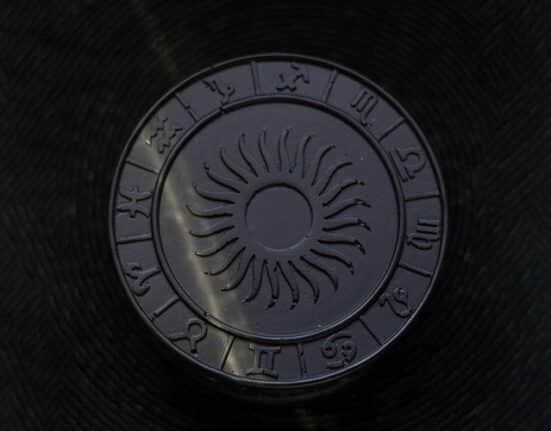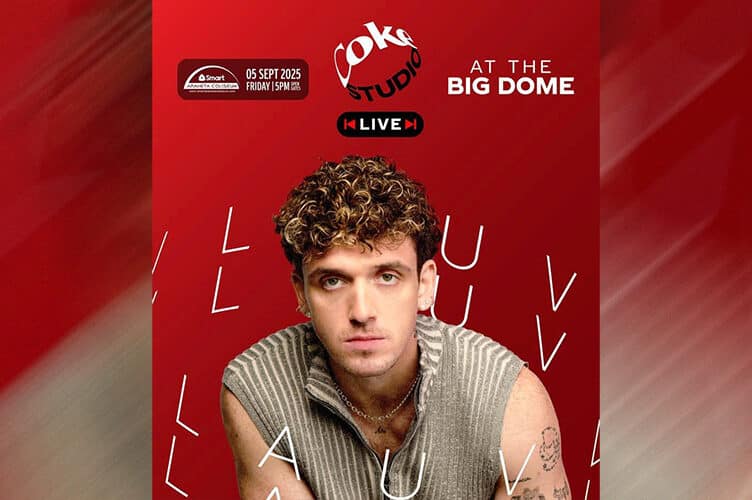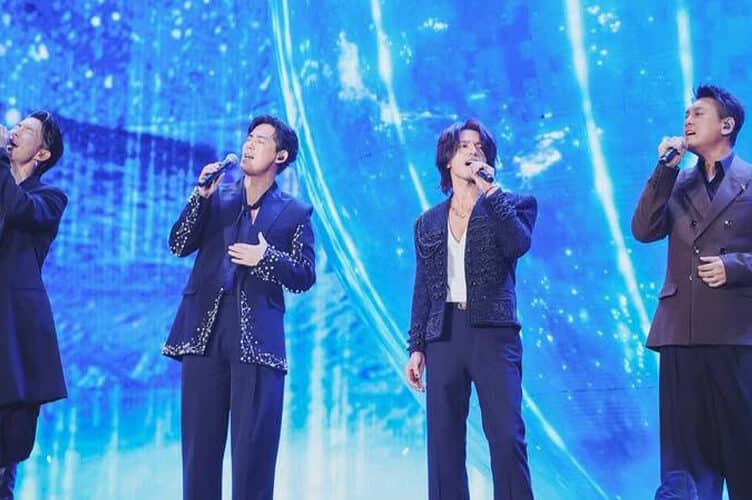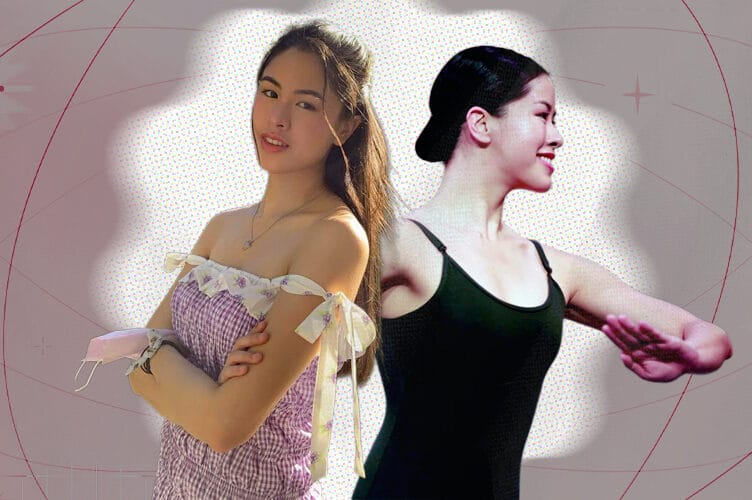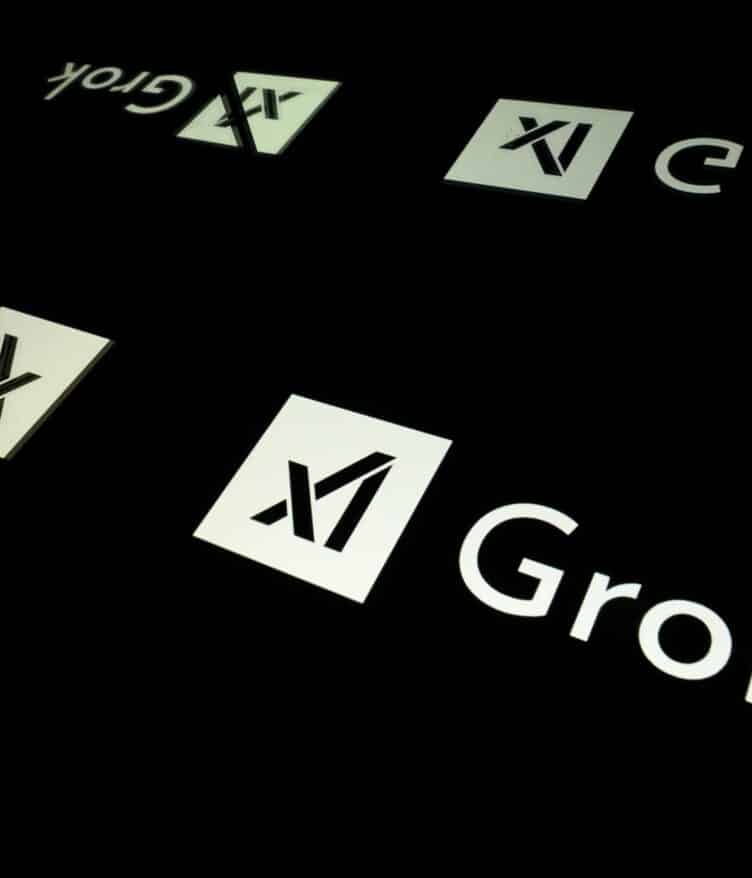“What’s your sign?”
“OMG, you’re a Gemini? We’re so compatible!”
In today’s dating, many Millennials and Gen Z are turning to astrology to help them understand relationships better. Whether it’s checking daily horoscopes or comparing zodiac signs for compatibility, astrology has become more than just a hobby—it’s a tool for self-discovery and connecting with others.
Astrology offers a way to talk about personality traits, communication styles, and emotional needs. It gives people a framework to understand themselves and their partners on a deeper level.
A Journey into the Stars
Annie, an Aquarius, first became intrigued by astrology through a close friend. “I was curious why she was obsessed with it, so I checked it out and found it interesting,” she recalls.
This curiosity soon transformed into a significant aspect of her approach to relationships.
What is Astrology?
Astrology is a belief system that suggests a relationship between the positions and movements of celestial bodies—such as stars and planets—and events and traits in human life. At its core, astrology operates on the premise that the alignment of these celestial bodies at the time of one’s birth can influence an individual’s personality, behavior, and life path. This practice dates back thousands of years and has been part of various cultures, including the ancient Greeks, Egyptians, and Chinese.
Central to astrology are the twelve zodiac signs, each associated with specific personality traits and characteristics. According to an article from Allure, these signs are determined by the position of the sun at the time of one’s birth:
- Aries (March 21 – April 19): Bold, ambitious, and energetic.
- Taurus (April 20 – May 20): Reliable, patient, and practical.
- Gemini (May 21 – June 20): Adaptable, curious, and communicative.
- Cancer (June 21 – July 22): Emotional, intuitive, and nurturing.
- Leo (July 23 – August 22): Confident, generous, and charismatic.
- Virgo (August 23 – September 22): Analytical, meticulous, and reliable.
- Libra (September 23 – October 22): Diplomatic, fair-minded, and sociable.
- Scorpio (October 23 – November 21): Passionate, resourceful, and determined.
- Sagittarius (November 22 – December 21): Adventurous, optimistic, and philosophical.
- Capricorn (December 22 – January 19): Disciplined, responsible, and ambitious.
- Aquarius (January 20 – February 18): Innovative, independent, and humanitarian.
- Pisces (February 19 – March 20): Compassionate, artistic, and intuitive.
Beyond sun signs, astrology also considers other celestial bodies like the moon and planets, which further refine an individual’s astrological profile. For instance, the moon sign represents one’s emotional nature, while the rising sign (ascendant) indicates how others perceive an individual.
Astrological Compatibility: A Guiding Star
Annie’s dating history is relatively modest; she has only had one boyfriend— a cancer. However, astrology has played a crucial role in her interactions and decisions. When asked about the role of astrological compatibility in her dating life, Annie admits, “Well, not always, but rather most of the time.” She often asks new acquaintances about their zodiac signs as a casual conversation starter. “Whenever I have spare time, I’ll search and find our compatibility. It is somewhat important as it can affect my point of view in the relationship,” she explains.
As our understanding of love evolves, so does our grasp of astrology. Beyond sun signs, a full compatibility reading involves examining both partners’ entire birth charts, including their Venus sign for romance, Mars sign for sexuality, and rising sign for first impressions.
By learning about the 12 houses in a birth chart and using online tools to read your birth chart, you can gain deep insights into your potential partner.
In December 2018, Bumble added zodiac features, allowing users to display their signs on profiles and filter matches by sign. Priti Joshi, Bumble’s vice president of strategy, said this was in response to requests from passionate users who wanted to connect based on star signs.
The astrology badges have been well-received, particularly among Gen Z.
Annie’s experiences highlight how astrological differences or similarities can impact compatibility. “There are moments when we clash often, and then I find out his sign and think, ‘Ah, makes sense. That’s why we are not that suitable for each other.'”
Understanding Partners Through Astrology
Astrology has provided Annie with insights into her partners’ personality traits and behaviors. “In astrology, certain characteristics are really on point when you find out their moon, sun, etc. It helped me anticipate what to expect from someone and know how to act in front of them,” she shares. This understanding has allowed her to navigate relationships more effectively.
A Personal Experience of Astrological Bonding
One significant experience Annie shared involved a quiet student in her class. “I saw her birthday on our sheets and tried to search for our compatibility. Turns out that we can be best friends. That being said, I mustered enough courage to talk to her, and we clicked. Up to this point, we are still friends and hanging out with each other. I would not approach her if I did not see her birthday in the first place,” she reveals. This story underscores how astrology can help forge unexpected connections.
Is Astrology a Science?
Though some argue for the validity of astrology, scientific evidence disputes this. According to ZME Science, astrology doesn’t adhere to the scientific method. While it attempts to explain natural phenomena, it lacks a verifiable mechanism, and astrologers do not critically evaluate their claims. Essential scientific practices, such as testing hypotheses, considering conflicting theories, and adjusting based on evidence, are absent in astrology, making it unscientific.
Astrology often faces skepticism, but Annie remains unfazed. “I respect their opinions regarding astrology. However, astrology became my guide on how to act and interact with other people as I have an idea about their behavior, though not always accurate but still can be relied on based on experience,” she states.
Why Astrology Might Seem to “Work”
Astrology might seem like it “work” due to psychological phenomena and cognitive biases that shape our perception. One key factor is the Barnum effect, named after the famous showman P.T. Barnum, which describes the tendency for people to believe that vague and general statements are specifically tailored to them. These statements are often positive and flattering, making them more readily accepted.
A classic study by psychologist Bertram Forer in 1948 demonstrated this effect: he gave his students a personality test and then provided them with the same generic feedback, which they rated as highly accurate about themselves.
Another significant factor is confirmation bias, where individuals favor information that confirms their preexisting beliefs while disregarding information that contradicts them. This bias means that people tend to remember the times when astrological predictions appear accurate and forget the times they do not. A study by Vyse (1997) highlights how confirmation bias leads individuals to give undue weight to instances where horoscopes seem accurate.
Additionally, astrology’s appeal can be linked to the placebo effect, where the belief in a treatment’s efficacy can lead to real psychological or physiological improvements. When individuals believe that astrological guidance will help them, they may experience a placebo-like benefit.
Studies such as those conducted by Silverman (1971) and Dean and Kelly (2003) have critically evaluated astrology’s claims. Silverman found no correlation between astrological signs and personality traits, while Dean and Kelly concluded that astrology lacks empirical support.
The Future of Astrology in Dating
Looking ahead, Annie envisions astrology continuing to play a role in her dating decisions. “I do believe in astrology, but I also know and am aware that building a relationship should not only revolve around astrology. It would be funny if I only considered astrology. It can still influence my behavior towards another person, especially when we only met,” she concludes.
Astrology’s rise in modern dating reflects a broader trend of individuals seeking deeper self-awareness and connection in a complex world. While its scientific validity may be contested, the comfort and insights it provides to many cannot be denied. As long as people find meaning and guidance in the stars, astrology will continue to shine brightly in the realm of relationships.
With reports from Kyla Marie B. Cuba
How useful was this post?
Click on a star to rate it!
Average rating 0 / 5. Vote count: 0
No votes so far! Be the first to rate this post.
We are sorry that this post was not useful for you!
Let us improve this post!
Tell us how we can improve this post?


